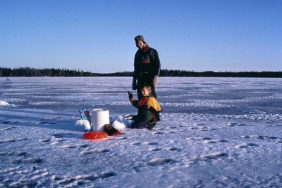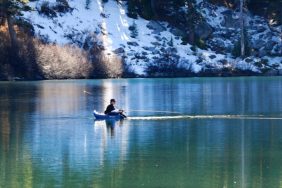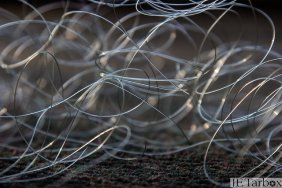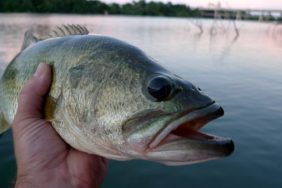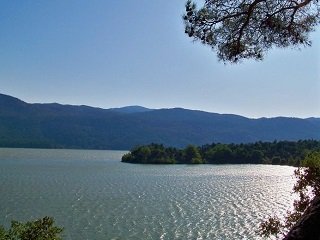 I know that by now, many terms and phrases are ingrained in the minds of seasoned anglers, but there are many beginners who might need some help understanding some of those terms and phrases. Today marks the first installment of a new regular series in which we’ll explore some common fishing terminology and phrases, in an effort to clarify them for newcomers to the fishing community. Let’s start this series by taking a look at what we mean when we refer to primary and secondary points.
I know that by now, many terms and phrases are ingrained in the minds of seasoned anglers, but there are many beginners who might need some help understanding some of those terms and phrases. Today marks the first installment of a new regular series in which we’ll explore some common fishing terminology and phrases, in an effort to clarify them for newcomers to the fishing community. Let’s start this series by taking a look at what we mean when we refer to primary and secondary points.
The definitions of primary and secondary lake points can vary, depending on whether you’re referring to a man-made or natural body of water. In natural lakes, primary points are the largest points on the lake, while secondary points are lesser points, aka a point within a point. Where man-made lakes are concerned, primary points are associated with the main river, while secondary points are associated with adjoining creek arms.
When I’ve shared the “point within a point” description with people, I’ve often been met with confused looks. If it helps, look at it this way: suppose you are looking down (under water) a main lake point and a smaller point branches off to the left or right; this is a secondary point.
When it comes to fishing these points, weather, wind direction, water depth, and available structure will all play roles in fish behavior. If you pick up fish on a primary point, either stay there until the bite stops or change lures. Then, I’d make some casts at the spot where the secondary point comes together with the primary point. This will be where the fish will spend a lot of time if the conditions are right. It also is usually a little deeper than the shelf of the secondary point, which makes it a good spot.
I hope this little breakdown of what anglers mean when they use the terms “primary” and “secondary points” has helped clear up any confusion. Like I said, it’s easy after years on the water to assume that everyone knows terms and techniques that have become second nature to us, but that’s not always the case. A big part of fishing is helping others deepen their love and respect for the sport by broadening the knowledge and skills associated with it. We were all beginners at one time, so pay your blessing forward to the next generation.





